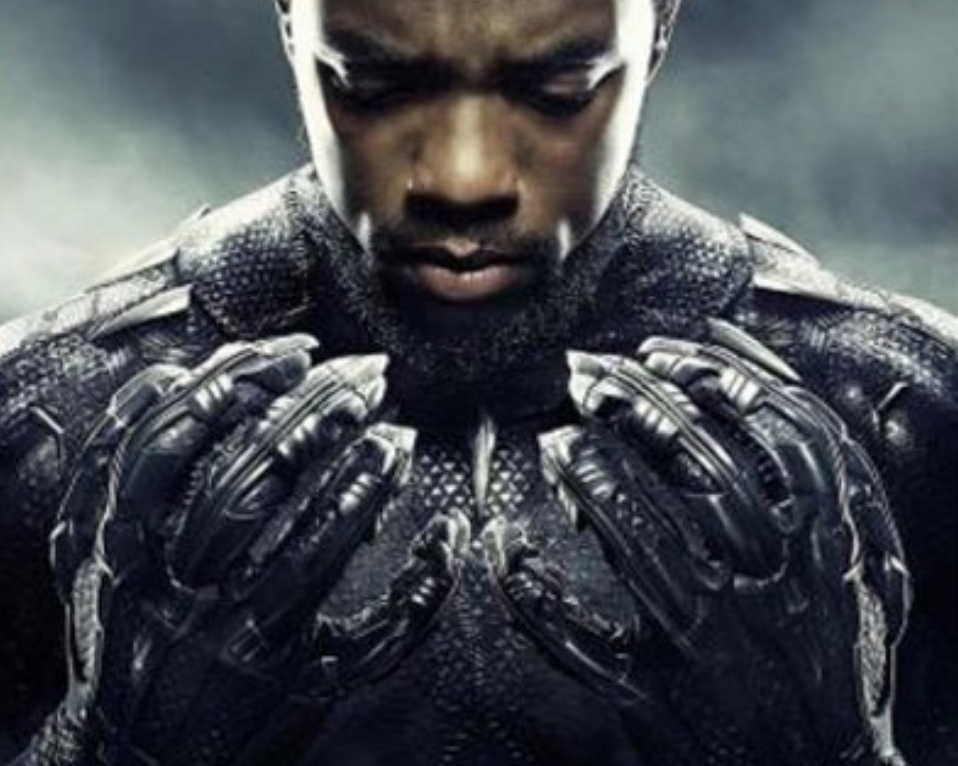While doing groundwork for the pivotal South Carolina primary, Democrat Joe Biden went to a local church to do what he does on Sundays -- go to Mass.
What happened next made headlines, raising an issue that looms over the president-elect's personal and political lives. The priest at St. Anthony's Catholic Church in Florence declined to give Biden communion.
"Holy Communion signifies we are one with God, each other and the Church. Our actions should reflect that," said Father Rev. Robert E. Morey, in a press statement. "Any public figure who advocates for abortion places himself or herself outside of Church teaching. As a priest, it is my responsibility to minister to those souls entrusted to my care."
The priest, a former attorney with the Environmental Protection Agency, ended by saying: "I will keep Mr. Biden in my prayers."
Biden told MSNBC: "That's just my personal life and I am not going to get into that at all."
Nevertheless, Biden continued to make his faith -- he is a "devout" Catholic in news reports -- a key element of the campaign, as he has throughout his career. He also pledged to defend Roe v. Wade, to the point of codifying the decision into national law.
Catholic conservatives and liberals remain divided on how the church should respond, a tension demonstrated in a carefully worded statement by Los Angeles Archbishop José H. Gomez, president of the U.S. Conference of Catholic Bishops.










